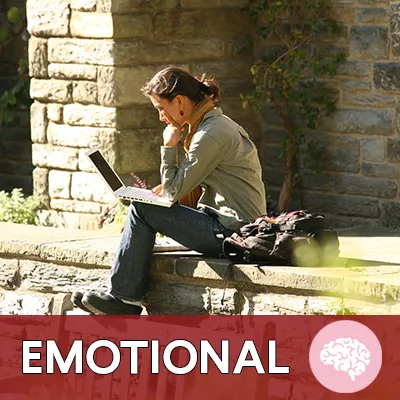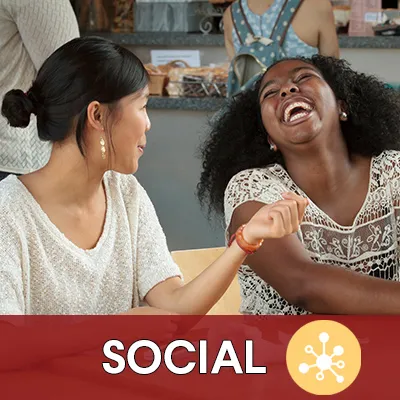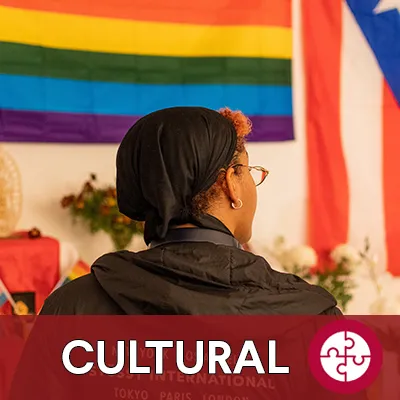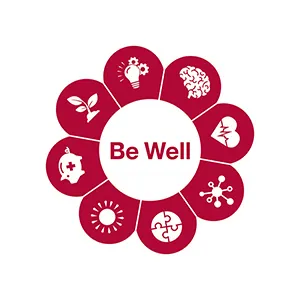Be Well





Emotional well-being involves recognizing, navigating, and constructively expressing your full range of emotions.

Physical well-being involves actively supporting your health through recognizing your body’s physical needs and abilities, and embracing positive, respectful, and sustainable choices to meet those needs.

Social well-being involves understanding yourself and others with empathy, and cultivating strong, positive relationships built on trust, respect, and interdependence.

Cultural well-being involves developing an awareness of your own cultural background and identities alongside an appreciation and respect for other cultures

Be Well at Swarthmore supports holistic well-being for each individual, and collectively for our campus community, with programs and collaborations across the College.
To provide feedback or make recommendations, please contact us.
Send an email to Be Well
500 College Avenue
Swarthmore, PA 19081